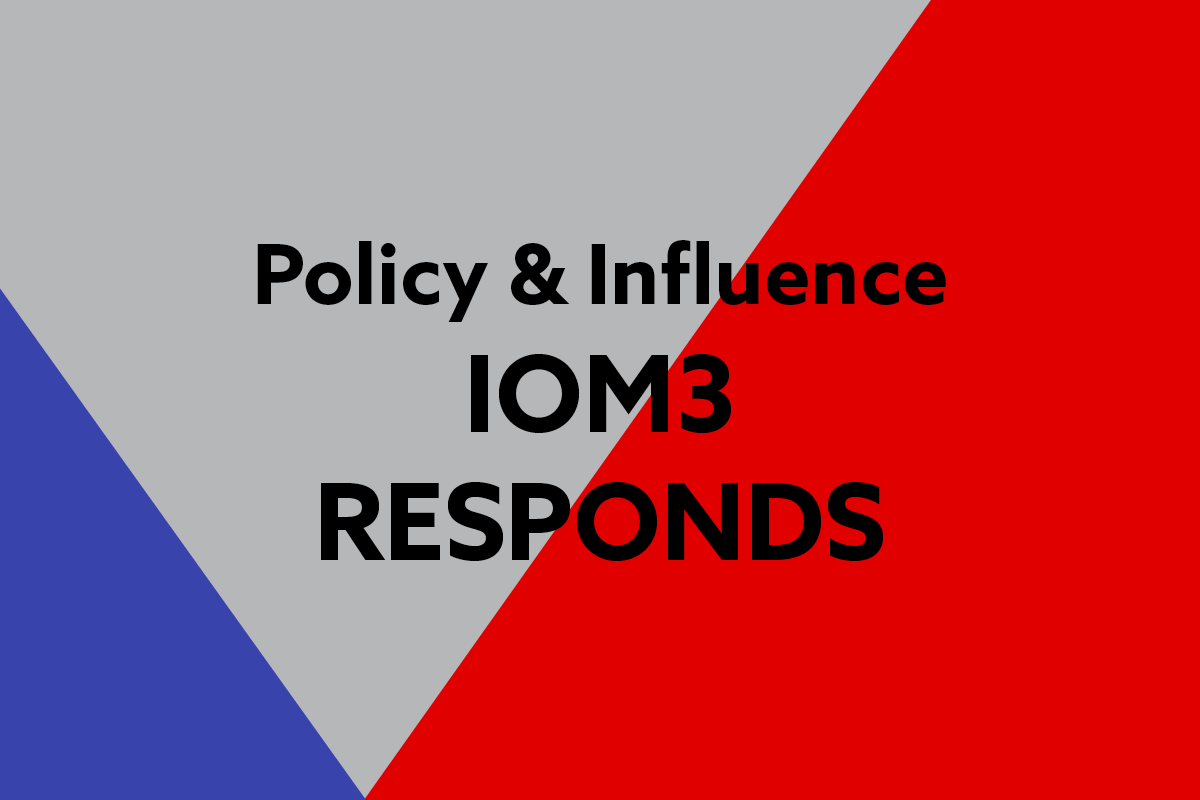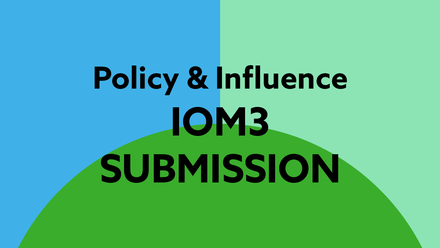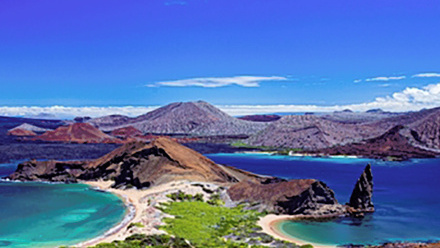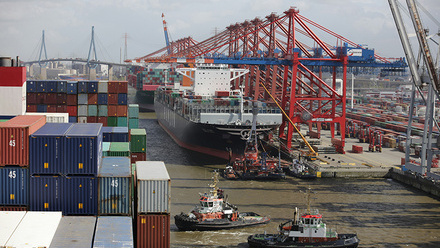IOM3 responds to government roadmap to greener country
The newly published Environmental Improvement Plan 2023 builds on the previously announced 25 Year Environment Plan and follows a period of consultation that IOM3 contributed to.

In July of 2022 IOM3 responded to the environmental targets consultation, commenting on the proposed targets to reduce the length of rivers polluted by target substances from abandoned metal mines and half residual waste per capita by 2042. IOM3 was disappointed to see an absence of a resource productivity target in the consultation which continues to be a noticeable gap.
The Environmental Improvement Plan 2023, announced 31 January, pledges to:
- Halve the length of rivers polluted by harmful metals from abandoned mines by 2038, against a baseline of around 1,500km (approximately 930 miles), with an interim target to construct eight mine water treatment schemes and 20 diffuse interventions to by 31 January 2028
- Halve residual waste (excluding major mineral waste) produced per person by 31 December 2042, with the following interim targets by 31 January 2028:
- Reduce residual waste (excluding major mineral waste) produced per person by 24%
- Reduce residual waste (excluding major mineral waste) in total tonnes by 21%
- Reduce municipal residual waste produced per person by 29%
- Reduce residual municipal food waste produced per person by 50%
- Reduce residual municipal plastic waste produced per person by 45%
- Reduce residual municipal paper and card waste produced per person by 26%
- Reduce residual municipal metal waste produced per person by 42%
- Reduce residual municipal glass waste produced per person by 48%
IOM3 CEO Dr Colin Church FIMMM, responded to the plan, saying, ‘As we reinforced last year during the consultation, improving resource efficiency, water and air quality and biodiversity is in everyone’s best interests. With that in mind, implementation needs to be the priority now. The Institute supports the green roadmap and the government’s previous commitments, which have been incorporated into these environmental principles, but as with all initiatives it will be judged on the execution.’
Beyond these goals, the Environment Secretary Dr Thérèse Coffey detailed how the government will:
- Create and restore at least 500,000 hectares of new wildlife habitats, starting with 70 new wildlife projects including 25 new or expanded National Nature Reserves and 19 further Nature Recovery Projects
- Deliver a clean and plentiful supply of water for people and nature into the future, by tackling leaks, publishing a roadmap to boost household water efficiency, and enabling greater sources of supply
- Challenge councils to improve air quality more quickly and tackle key hotspots
- Transform the management of 70% of our countryside by incentivising farmers to adopt nature-friendly practices
- Boost green growth and create new jobs – from foresters and farmers to roles in green finance and research and development
Read the Environmental Improvement Plan 2023.








